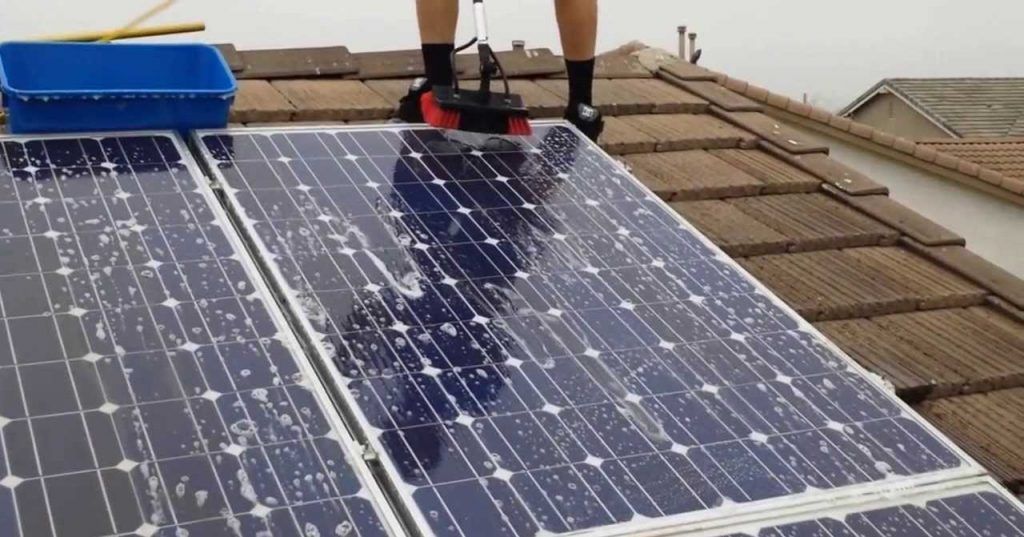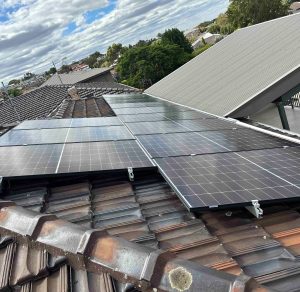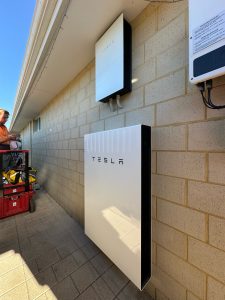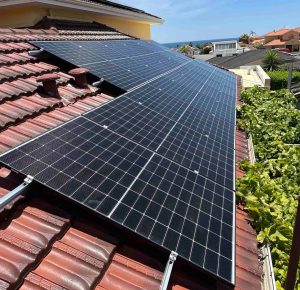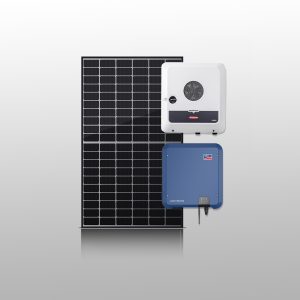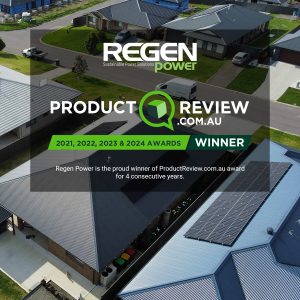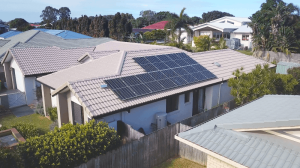Roof-mounted solar panels are the most prevalent source of electricity today. Rooftops are undoubtedly the best place to install solar panels, as they are exposed to sunlight allowing the panel to directly collect the sun’s energy and transform it into usable electricity. Recently, the number of houses in Australia with solar panels on rooftops has risen. But, in addition to learning everything, there is to know about solar panels, it’s also critical to conduct a solar panel risk assessment.
There are some risks that come with installing roof-mounted solar panels. This article will talk about those risks, how to prevent solar panel damages, and how to mitigate them to stay safe from any mishap or unwanted hazard.
Solar panels in general are not prone to catching fire. However, as solar panels have live wires, they pose a fire risk. Also, it is electrical equipment, and thus just like any other electrical device, it can also catch fire. As a result, we must exercise caution in preventing fire damage to solar panels.
Best practice for fire safety
Proper installation
The installation of solar panels should be proper, avoiding any kinds of mistakes that can prove to be hazardous in the future. Common mistakes to avoid are:
- Not using the correct tools for crimping
- Not using the connectors of the same brand
- Not managing the wires properly
- Installation was done by an untrained person
Therefore, you should make sure that none of these mistakes occur so that your solar panel is well set up and there is no chance of fire hazard.
Improvements in solar technology
The recent advancements in solar technology, as a result of the solar panel risk assessment, have greatly reduced the hazards. As a result of these enhancements, the solar panel fire risk is reduced. These enhancements include more usage of expansion joints, usage of modules, inverters, and other PV equipment technology, etc.
It should be made sure that the company you are using should have the parts and equipment that meet the international standards of electrical safety. For example, nowadays, inverters come with overload, over-temperature, and arc fault protection so that risk can be minimised.
Technological advancements
It has been observed that with the advancements in technology, the number of cases of fire incidents has fallen considerably. Regen Power, for instance, uses electrical material of high quality, complying with the Australian standard. The company comes with around 18 years of expertise, where they have successfully installed more than 35,000 solar systems to date.
When a roof-mounted system is installed on an existing building without assessing the risks of solar panels, they are prone to many kinds of hazards caused by the environment as there are many weather-related risks for solar panels. The following components of the environment might cause some damage to the solar panels:
- Wind: The wind load over a rooftop can cause great problems for the solar panels if they are not installed correctly.
- Snow: If snow accumulates on the solar panels because of its ill-placing or structuring, it can obstruct the panel’s working or even cause solar panel hazards.
- Ice load: In regions where ice-storms are frequent, layers of ice can be formed on or near the solar panels, leading to disruptive working.
- Gravity load: Solar panels have a weight of 2-4 pounds for every square foot. They are thin structures that need support. If they are not installed correctly, the gravity load can affect the structure, which might be dangerous for the solar panels and the building.
- Water intrusion: There may be chances of water leakage through the connections made for solar energy to reach the households. Rainwater can be accumulated between the modules of the panels, and the drainage system of the rooftop might get disturbed consequently.
How to prevent solar panel damage from environmental risks?
To safeguard your panels and building from the weather risk of solar panels, you should follow some practices.
- The area’s weather conditions where solar panels are being installed should be monitored. Before drafting the installation design, the risk factor should be considered.
- If possible, solar panels should be installed on an inclined roof, which can help in reducing the snow load due to their heating and thermal absorption properties.
- It is necessary to ensure that no trees are located in close proximity to your home that can damage the solar panels.
- The racks of the solar panels and the roof framing made for supporting them should be designed according to the wind loads experienced in the respective area.
- You can also get a retaining wall built around the solar panels to save them from wind, rain, and other natural forces.
- The sealing on the solar panel should be regularly checked and upgraded if it starts wearing off.
- Rods or discharge paths for smooth discharge of lightning from the roof should be installed near every panel so that a stroke of lightning cannot destroy your solar panels.
- The weight of the solar panels should be distributed uniformly across the roof so that it doesn’t affect the structural elements.
- The anchor holes drilled in the roof should be well-sealed to prevent water from draining through them.
Maintenance of solar panel
The best practices you would have used while installing the solar panels often stop giving adequate results with time. This is because the panels are not regularly monitored. It is very important to maintain the system to identify any problem as soon as possible and to mitigate it accordingly.
Therefore, before installing a roof-mounted solar panel, you should conduct a thorough research about the factors of your location which might be a cause for trouble for the panels. Associated with such troubles, there are many roof-mounted solar panel risks. With the installer’s help, you can make sure that your panels are installed properly so that there is very little or no scope for any kind of risks that might affect your solar panels or your house.
Related articles:-
